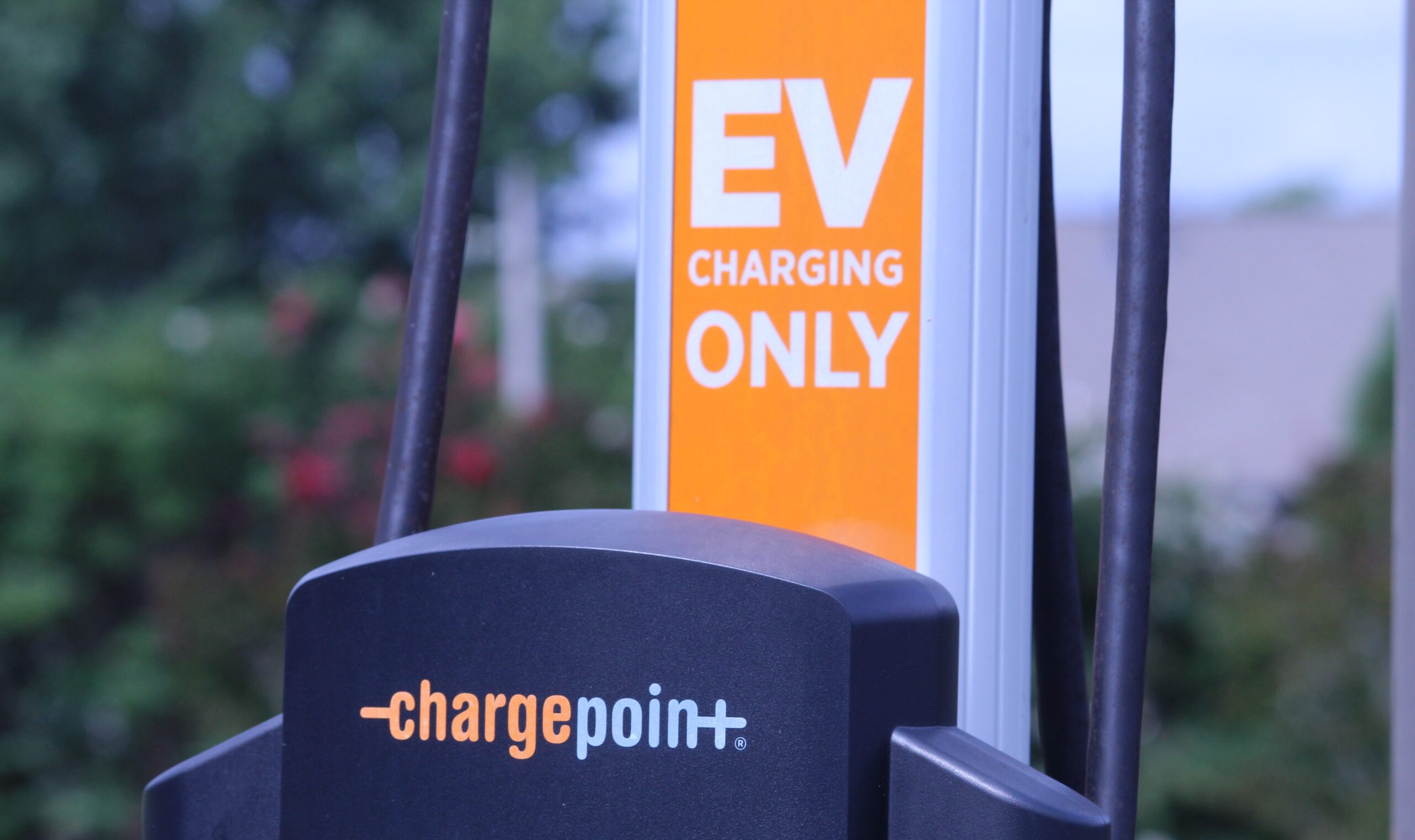Among the 13 Republicans in the U.S. House who crossed the aisle last weekend to help pass the trillion dollar infrastructure bill, none are from Georgia.
“So the question is, why did every single Georgia Republican oppose this popular, historic legislation?” asked Rep. Nikema Williams, who also chairs the Georgia Democratic Party.
The infrastructure bill passed by congress invests, among other things, $135 million to build a network of electric vehicle charging stations in Georgia.
“What this bill does is that it ensures that electrification of vehicles isn’t just for a few, [but] that we can introduce this to the masses to make sure that we’re reducing our carbon footprint,” said Williams.
The movement toward more electric vehicles in the state has the support of some Republican lawmakers in Georgia, but not all. Among those who voted no on the infrastructure bill was Republican Rep. Andrew Clyde. He says spending millions on charging stations is “wasteful” even though his district includes Commerce, Ga., where thousands of workers will soon be building batteries for electric vehicles.
Georgia Public Service Commissioner Tim Echols, a fellow Republican, says Clyde’s view on electric vehicles isn’t unusual.
“It’s been slow for Republicans to come around,” said Echols.
But Echols, a strong advocate of electric vehicles, says jobs and the introduction of EV pick-up trucks could help sway rural Georgians.
“I think this battery plant and these trucks are going to be an important ‘political justification’ if you will, that my Republican colleagues need in order to fully embrace them,” said Echols.
Echols applauds Gov. Brian Kemp for forming the Electric Mobility and Innovation Alliance over the summer. He’s also encouraging the GOP-controlled legislature to bring back the electric vehicle tax credit that expired in 2015.
Atlanta signs pledge
The City of Atlanta is signing on to an international pledge to phase out gas-powered car sales in the coming decades. The declaration comes out of the international climate change talks happening now in Glasgow.
The cities and states that signed the pledge say they’ll work towards converting their fleets to zero-emission vehicles by 2035 and put other policies in place to help encourage the growth of emission-free transportation. Atlanta is one of a handful of American cities that signed on.
The U.S. itself did not join the dozens of countries that signed the pledge. Those that did, committed to work towards all-new cars and vans being sold within their borders be zero-emission by 2040. Automakers that joined include Ford, GM and Mercedes-Benz.
WABE’s Molly Samuel contributed to this report.









